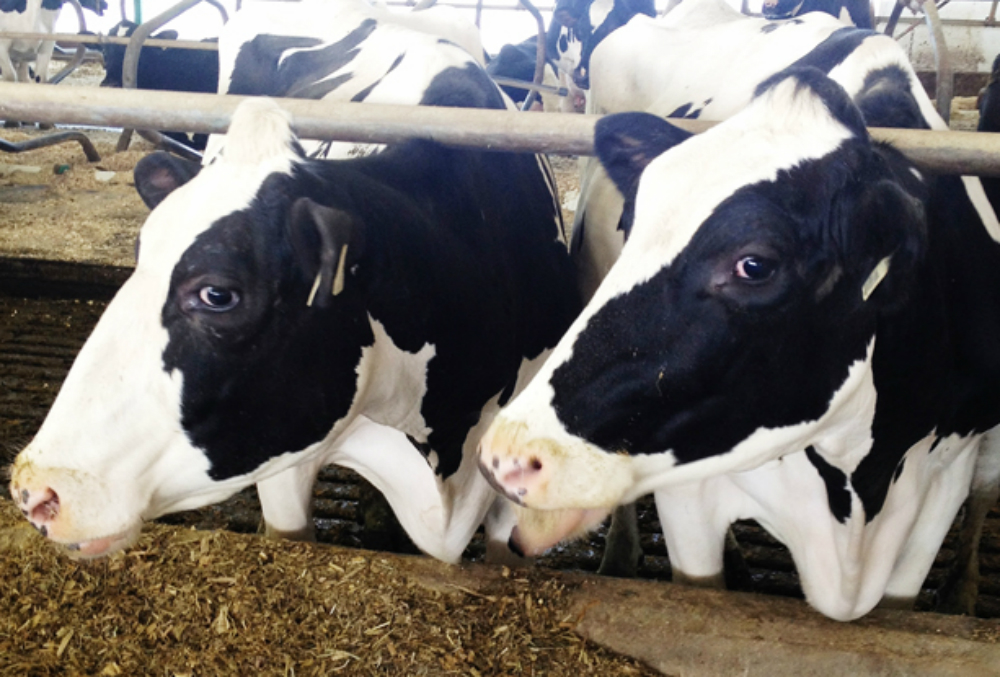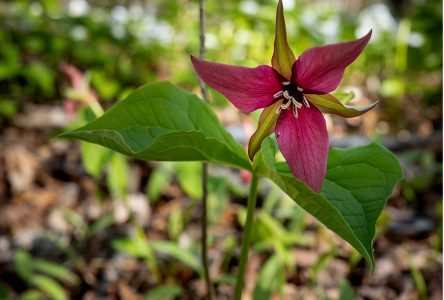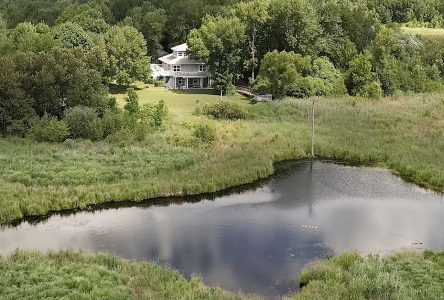EDITOR’S NOTE: This story was reproduced, with permission, from our friends at The Western Producer.
CORNWALL, Ontario – Kenda tePlate realized last January that she had to do something about groups that defame the dairy industry.
tePlate, who operates a 60-cow dairy herd and farms 900 acres of cash crops near Cornwall, with her husband, was attending the Dairy Farmers of Ontario annual general meeting in Toronto.
People for the Ethical Treatment of Animals responded by organizing a demonstration outside the hotel where the convention was being held to call attention to the systemic “animal abuse” within Ontario’s dairy industry.
Emily Lavender, a campaigner for People for the Ethical Treament of Animals, told an interviewer that maltreatment of dairy cattle is commonplace on Ontario farms.
“The animals do end up getting hurt … during their confinement on factory farms,” she said.
“We see (that) bad conditions have become normal and horrific cruelty has become standard.”
tePlate said other PETA comments made outside the dairy farmers meeting were similarly extreme.
“That all the (dairy) cows should run free, we shouldn’t keep them in barns,” she said.
“And then a lot of people believe that (message).… Some people don’t see it as ridiculous.”
tePlate decided she needed to refine her skills and knowledge so she could talk to the public and counter the negative and false information about agriculture.
Last fall she participated in a speakers bureau program hosted by Ontario Farm & Food Care. The course, which was launched in November, provides training for farmers and agricultural business professionals who want to give presentations on agriculture topics.
Ontario Farm & Food Care has developed speakers bureau presentations based on its publication, The Real Dirt on Farming. The latest version of the document, released in November, contains basic information on agricultural practices and information about animal care and the environmental impact of farming.
Kelly Daynard, communications manager with Farm & Food Care, said farmers who take speakers bureau training are not expected to deliver a canned presentation from Real Dirt on Farming. Instead, they are encouraged to customize the information to suit their needs.
“It’s about being comfortable in telling your story and telling it in a way that the average, urban Canadian … will understand it.”
The speakers bureau training isn’t about media interviews. Rather, it’s designed to prepare farmers who want to talk to gatherings such as the local Rotary Club or a municipal council meeting.
Daynard said the agricultural industry desperately needs farmers with public presentation skills.
“I don’t think the pressure has ever been higher on all sectors of Canadian ag than (it is) right now.”
tePlate is already a farm leader. She is involved in 4-H and her local agricultural society, is the secretary of the local dairy producers association and is organizing the International Plowing Match, which will be held in September near Finch, Ont.
Consequently, she isn’t terrified by public speaking. Instead, she was looking for information to support her positions, such as the scientific data and facts on controversial topics such as genetic modification, pesticides and antibiotics that are included in Real Dirt on Farming.
“There’s a whole lot of information but in a little package,” tePlate said.
“They (the presentations) are very easily understood by someone … knowing absolutely nothing about farming.”
tePlate said she intends to share her new knowledge but will start slow.
Her first presentation may be to the local dairy producers organization so that she can build up her confidence.
“I want to make sure that when I give a presentation … I want to provide accurate information,” she said.
“I really want people to see that we (farmers) go above and beyond, providing safe food for Canada.”
Daynard said Ontario Farm & Food Care also plans to offer speakers bureau training to farmers outside of Ontario.
It is planning workshops for Saskatchewan and Prince Edward Island this year and would like to add other provinces to the list.
For more information, visit The Western Producer here.



